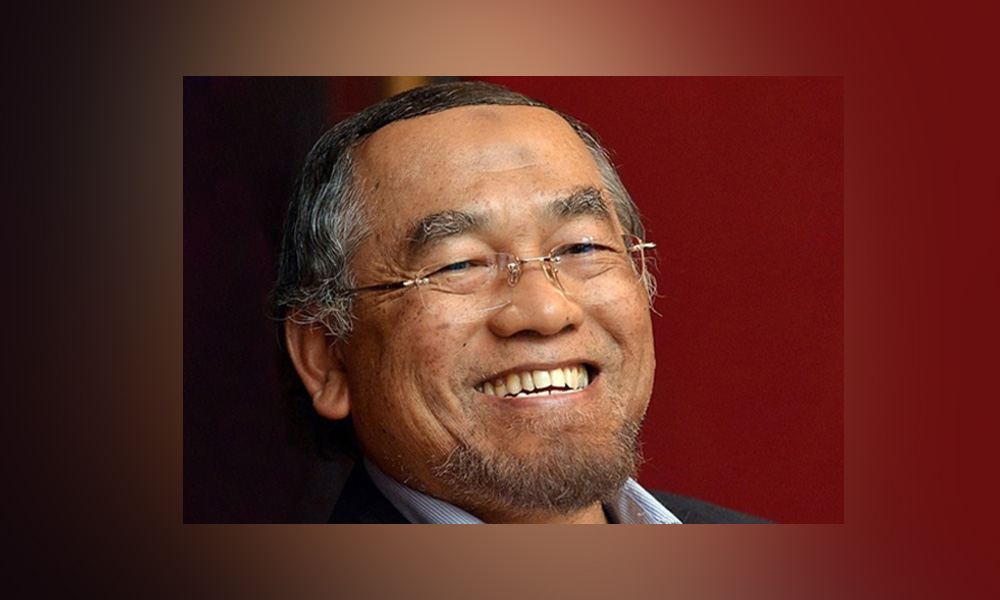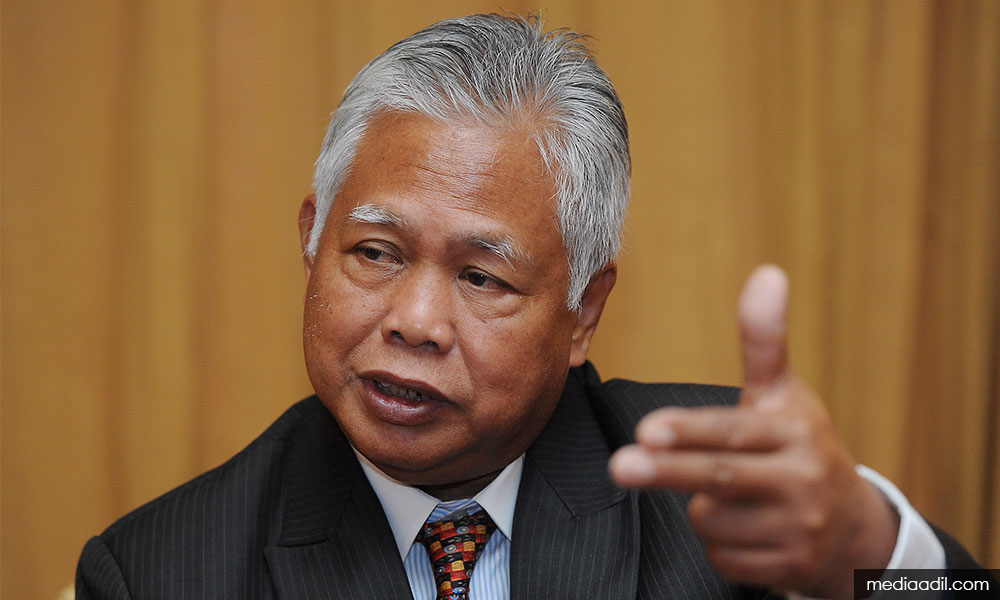
Economic sectors that have not been permitted to operate under the conditional movement control order should be given the opportunity to reopen, said economist Barjoyai Bardai, who cited hairdressing services as an example.
However, Barjoyai (photo) emphasised that the reopening of the rest of the economy had to be carried out under strict standard operating procedures (SOPs).

“In fact, we should provide opportunities for all sectors, all shops, all kinds of businesses to open, including barber shops. But we just need to provide strict guidelines.
“This means that we will no longer control movement, but with strict rules for every type of business. This can be controlled through a more sophisticated but informal control.
"So, every shop, every operation must practise SOPs as stated and monitored. If it fails (to obey) there is only one option - it will be closed," he said when contacted by Malaysiakini today.
He said this when asked about the needs of other unlisted economic sectors to operate during the conditional MCO.
Yesterday, Health Ministry director-general, Dr Noor Hisham Abdullah said the ministry wanted to see the impact of the conditional MCO before advising the government on opening up more economic sectors, as it was monitoring the situation and hoped to make a decision in two weeks.
For the record, last month the International Trade and Industry Ministry approved the re-opening of barber shops but the decision was overturned following numerous objections.
Commenting on the economic situation after the government took steps to open the economic sectors during the MCO on May 4, Barjoyai noted that there were positive sentiments by traders despite consumers being cautious in buying such as in the wholesale market.
Economy will never return to normal
Barjoyai, who is also a lecturer in the School of Business Studies at the Universiti Tun Abdul Razak, said the economy is not back to normal and that the country needs to be prepared to see that there are some sectors that could be lost and replaced with other sectors.
“We are going to see for example, changes in the hotel, tourism and air transport sectors.
“It is possible that they (the sector) will disappear. The sector will disappear and a new sector will emerge,” he said.
Other sectors such as manufacturing, plantation and construction are expected to change by the reduction of the number of workers, especially by reducing the dependence on foreign workers and replacing them with technology, he said.
“Because foreign workers cannot enter and many foreign workers in Malaysia do not have permits, we can no longer depend on foreign workers," he said.

He added that most companies are thinking of ways to reduce costs following the losses suffered from the Covid-19 crisis, one of which is the use of robot capabilities.
Obviously, robot capabilities are important because it is well known that robots can multiply capabilities at low cost, he added.
“It's just that we didn't think it was necessary to turn to robots because of their relatively high initial investment."
Employers still confused by conditions
Meanwhile, Federation of Malaysian Employers (MEF) executive director Shamsuddin Bardan (photo) said although the government's move to revive the country's economy through the conditional MCO should be commended, many small employers were confused by its implementation.

"Most small employers are confused about what is happening under the conditional MCO especially when some state governments have stated that they are not ready to accept and implement it, as announced by the federal government," he told Malaysiakini.
Many state governments did not approve or delayed the implementation of the conditional MCO on the grounds that some regulations need to be reviewed first.
At the same time, Shamsuddin said movement control was a new norm and that governments, employers and workers had to deal with this situation.
“Workers should be willing to reduce their salaries and benefits to help keep their jobs. Right now, if workers are laid off it's too difficult for them to get a new job," he said.
However, he argues, it is imperative that sectors not currently operating be given a chance soon based on the existing SOP to curb the spread of Covid-19.
“The longer the company is not operating, the harder it will be for not only employers but employees. The employer would not be able to pay the salary without revenue,” he said. - Mkini



No comments:
Post a Comment
Note: Only a member of this blog may post a comment.